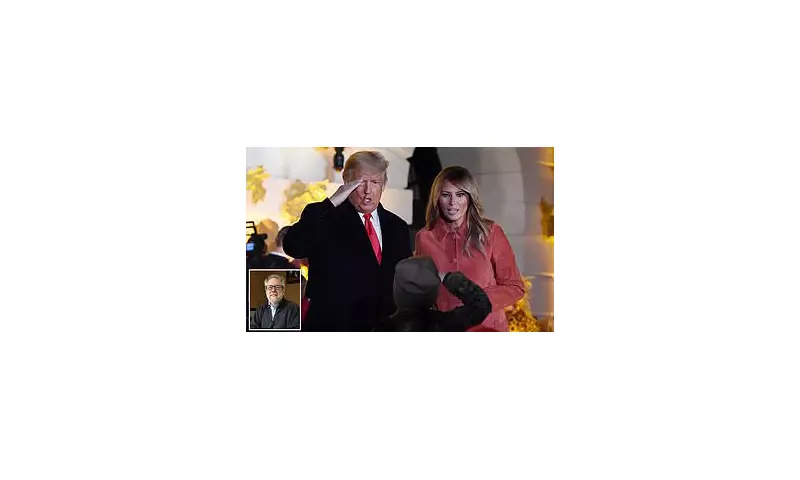
In a remarkable departure from conventional political rhetoric, former President Donald Trump has suggested that American parents should seek voting guidance from an unexpected source - their own children.
The controversial recommendation came during one of Trump's signature rally speeches, where he veered into unconventional territory regarding how voters should approach their democratic decisions.
The Unconventional Suggestion
"Ask your children who they think you should vote for," Trump told the crowd, creating immediate buzz among political commentators and parenting experts alike. The statement represents one of the more unusual voting recommendations from a major political figure in recent memory.
Political analysts were quick to question the practicality and wisdom of involving young children in adult voting decisions, with some suggesting it could create family tensions or place inappropriate responsibility on minors.
Mixed Reactions from Experts
Child development specialists expressed concern about the potential implications of Trump's advice. "While involving children in age-appropriate political discussions can be educational," noted one child psychologist, "placing them in the position of influencing actual voting decisions may create unnecessary pressure and confusion."
Meanwhile, political strategists debated whether the comment was a genuine suggestion or merely rhetorical flourish designed to highlight Trump's unconventional approach to politics.
Broader Political Context
The comments come during a highly charged election season where family values and parental rights have become central talking points. Trump's suggestion adds another layer to ongoing debates about how much children should be involved in political matters.
Some supporters defended the former president's comments as encouraging family dialogue, while critics questioned the appropriateness of seeking political guidance from those too young to vote themselves.
As the election season intensifies, this unusual recommendation is likely to fuel further discussion about the boundaries between family life and political participation.





